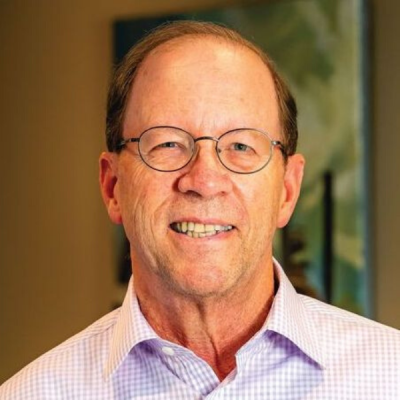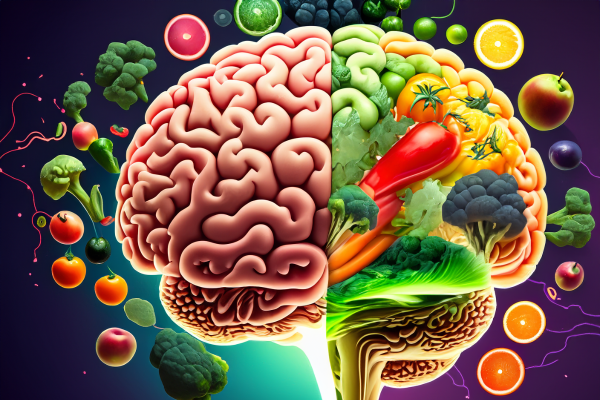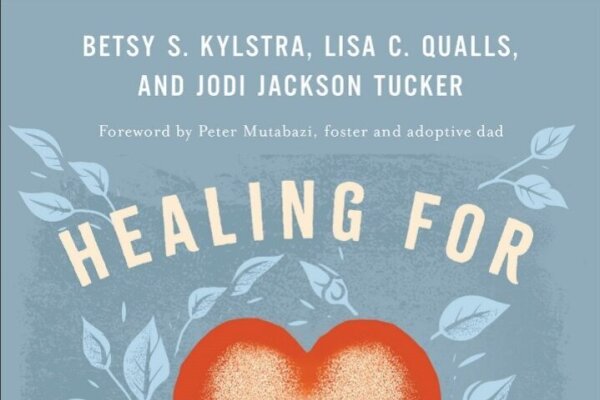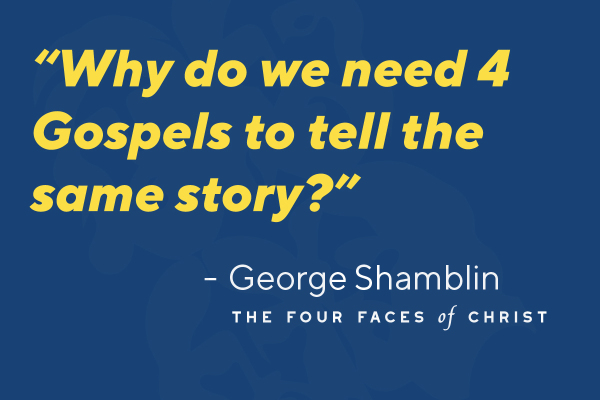How Do We Answer Life’s Big Questions?

We are seeing a disturbing trend in our world today, where Christians are moving away from their belief in God.
In a recent CP Podcast, journalist Brandon Showalter discussed this, asking, “What is fueling the trend of Christians 'deconstructing' their faith?” For some, he shares, this deconstruction “emerges from an earnest desire to know the truth and to understand more amid a painful recognition that they have not received adequate answers for their tough, seemingly existential questions from the Church. For others, deconstruction seems to be an end in itself.”
So how do we answer life’s biggest questions?
John O’Neil has served as president of the California School of Professional Psychology and consults with chief executive officers of major corporations. He wrote the fascinating bookThe Paradox of Success. O’Neil is clearly not a man of faith, but he shares insightful words about finding meaning in life:
“The basic questions we encounter when we look deeply into the shadow are spiritual questions. They concern our place and purpose in the world, the significance of our lives, and our personal connection to whatever force keeps the world humming along. Most of us today have moved away from the religious structures that once supplied answers to these questions, but the questions have not gone away. Our compulsive busyness, our dread of unstructured time, and our reluctance to be alone with ourselves are rooted in the uncomfortable sense that our lives lack meaning, that we are disconnected and alone.” O’Neil is referring to the big questions of life, which he admits are spiritual, and they never go away. They are always confronting us. He imparts we have “moved away from the religious structures that once supplied answers to these questions.” And where does that leave us? Disconnected and alone, with a life that lacks meaning.
O’Neil is referring to the big questions of life, which he admits are spiritual, and they never go away. They are always confronting us. He imparts we have “moved away from the religious structures that once supplied answers to these questions.” And where does that leave us? Disconnected and alone, with a life that lacks meaning.
So what are the big questions that human beings have always asked? Though there are many, I am going to limit them to three in this article.
Who am I?
Why am I here?
What is my ultimate destiny when this life is over?
When you “move away from the religious structures” to answer these questions as O’Neil put it, you end up with no real answers. If there is no God, we are hereby chance. We are nothing but a mass of molecules. A human life has no real value, for we are nothing but a product of nature. Since we are just physical beings, we have no souls or any spiritual dimension to our lives. We are meaningless beings in this random universe.
Why are we here? There is no reason for our earthly existence, because we are here by chance. Therefore, our lives are pointless, because there is no God who endowed our lives with a purpose.
Finally, when you die, your body decays and you go into everlasting nothingness. You cease to exist.
It is somewhat apparent that as we become more secular and godless, our outlook on the future becomes gloomier and more bleak, because there is no meaning in life. This explains why the depression rate is 10 times higher today than it was 50 years ago, and why suicide has surpassed car crashes as the leading cause of death due to injury. When we go back to the three big questions, you learn that the Christian response is clearly different. It provides answers that give our earthly lives a sense of meaning and coherence.
Who are we? We are creatures designed in the image of God, which means we possess a number of God’s characteristics. We possess an immortal soul, which makes us unique and of infinite value compared to animal life.
Our value as human beings is not based on what we do, what we achieve, or how successful we are. It is based clearly on the One who made us and put us here. Why are we here? In other words, what is the reason God put us here? What is the reason for my earthly existence?
When you look at our design, it is clear that we have been given the ability to love. We are naturally relational beings. Colossians 1:16 tells us that “...all things have been created by Him and for Him.” and 1 Corinthians 8:6 declares our purpose, in that “...we exist for Him…”
God put us here to connect with Him, to have a relationship with Him, to know Him and to love Him.
When you think about it, it is similar to why we have children. We bring children into the world, anticipating a loving lifelong relationship with them. This is what God anticipates with us.
Finally, what is my ultimate destiny once this life ends? Is there life after this life?
The main theme of the Bible is the answer to this question. If you read the four Gospels in the New Testament, you will notice two phrases that Jesus uses over and over. These phrases are “Eternal life” and “The Kingdom of God.” Notice that Jesus places special emphasis on the importance of obtaining eternal life and entering the Kingdom of God. He makes it obvious that you enter through Him. He is the door. He is the way. As we put our faith in Him, we are allowed to enter.
So, what is our final destiny? Eternal life in the Kingdom of God through Jesus Christ. These are the answers to life’s big questions. Christianity answers them all. This is why the Christian faith gives such coherence to this life, as it provides the path to a meaningful life, and hope as we look to the future and the end of our earthly life.
Get your copy of Richard’s newest book Reflections on the Existence of God on Amazon or at existenceofgodbook.com

Richard E. Simmons III is a Christian author, speaker, and the Executive Director of The Center for Executive Leadership, a non-profit, faith-based ministry in Birmingham, Alabama. His best-selling titles include The True Measure of a Man, The Power of a Humble Life, Wisdom: Life's Great Treasure, and his newest book, Reflections on the Existence of God. Follow Richard on Facebook, Instagram, and LinkedIn @thecenterbham. Tune in to Richard's Reliable Truth Podcast on your favorite podcast app.





